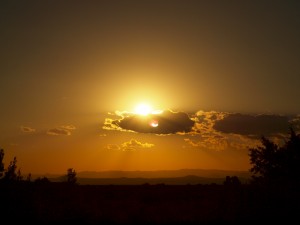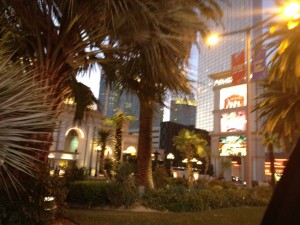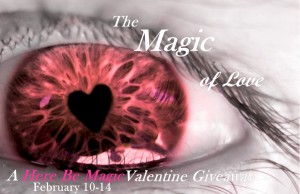 Last weekend we went up to Madrid (pronounced MAD-rid), which is an old gold-mining town on the back road between Santa Fe and Albuquerque. It reminded me more of a place I’d see in Colorado, instead of New Mexico. Lots of fun art, too.
Last weekend we went up to Madrid (pronounced MAD-rid), which is an old gold-mining town on the back road between Santa Fe and Albuquerque. It reminded me more of a place I’d see in Colorado, instead of New Mexico. Lots of fun art, too.
I had an interesting Twitter discussion this morning with E and Has from TheBookpushers.com, along with author Jody Wallace. E and Has like to read a lot of the same things I do. (They also did a very fun joint review of Rogue’s Pawn, which I figure means I did something right!) We all grew up reading much of the science fiction and fantasy canon, ferreting out those books with sex and romance. We didn’t have to have those elements, but finding them was the cherry topping on the sundae of our readerly joy.
When I was a girl, none of my friends read what I did. A lot of them didn’t read much at all. The ones who did read, mostly liked other books. Of course, genre books like that weren’t considered appropriate for book reports. The upshot it, I rarely had anyone to discuss these stories with. There are few things more frustrating than LOVING a book and having no one else to share it with. As I grew older, I found more kindred spirits. In fact, a big part of my first relationship was getting my guy, Kev, to read so many of the books I loved.
(This is what you get when you fall in love with a nerd girl.)
Now, however, we have the internet and it’s as if we’ve managed to take our reader girl selves and connect them across the country and the ocean. (Has lives in the UK.) We were talking about how we’d browse the library or bookstore shelves and pick out the Very Thickest books, to maximize the reading experience. Longer books were always better. E says it stretched her poor-girl dollar farther. Has said she was less likely to run out of books between library visits. We all wanted the same thing – to be immersed in that world as long as possible.
It’s notable to me because that changed for me over time. Once I hit college, then grad school, then working life and doing All The Things, I hesitated to pick up the big books. They began to look like daunting obstacles, representing weeks of my life and effort that I couldn’t afford.
I’m not really sure why this changed for me, but I know the whole industry went this way. Many publishers don’t want a first time novel longer than 80-110K words. Depending on the print book style, this is in the neighborhood of 350-400 pages. This is as compared to, say, a George R.R. Martin book, which likely clocks in around 225K. Novellas, like my Facets of Passion books, are 26-40K. People like me were preferring shorter books and were more likely to buy them.
(Even Martin’s books, prior to the HBO phenom, were read by a pretty finite crowd for a very long time.)
I think the pendulum is swinging back the other way now and it could be due to books like Martin’s – but it’s also due to eBooks.
See, on an eReader, it’s hard to know how “thick” a book is. Because the fonts are adjustable (FABULOUS feature!), there are no page numbers, just a percentage complete. In some ways it’s frustrating, because you don’t always know what you’re getting into, in other ways it liberates a reader like me, because I don’t have the opportunity to be intimidated by the length. It is what it is.
The other thing that’s happening is that I think eBook buyers are beginning to associate value with length. That’s how the conversation on Twitter started – they recommended a book to me, I grumbled about Macmillan’s high eBook prices and they both assured me that the book is worth it because it’s a “long, solid and satisfying read.”
See? We’re still picking out those books that promise the most by the width of their spines on the library shelf, extending our dollars to maximize our readerly pleasure.
Carina recently asked me to consider writing longer erotic stories – novel length instead of novellas. Readers want longer books, they tell me.
Lately, so do I.








